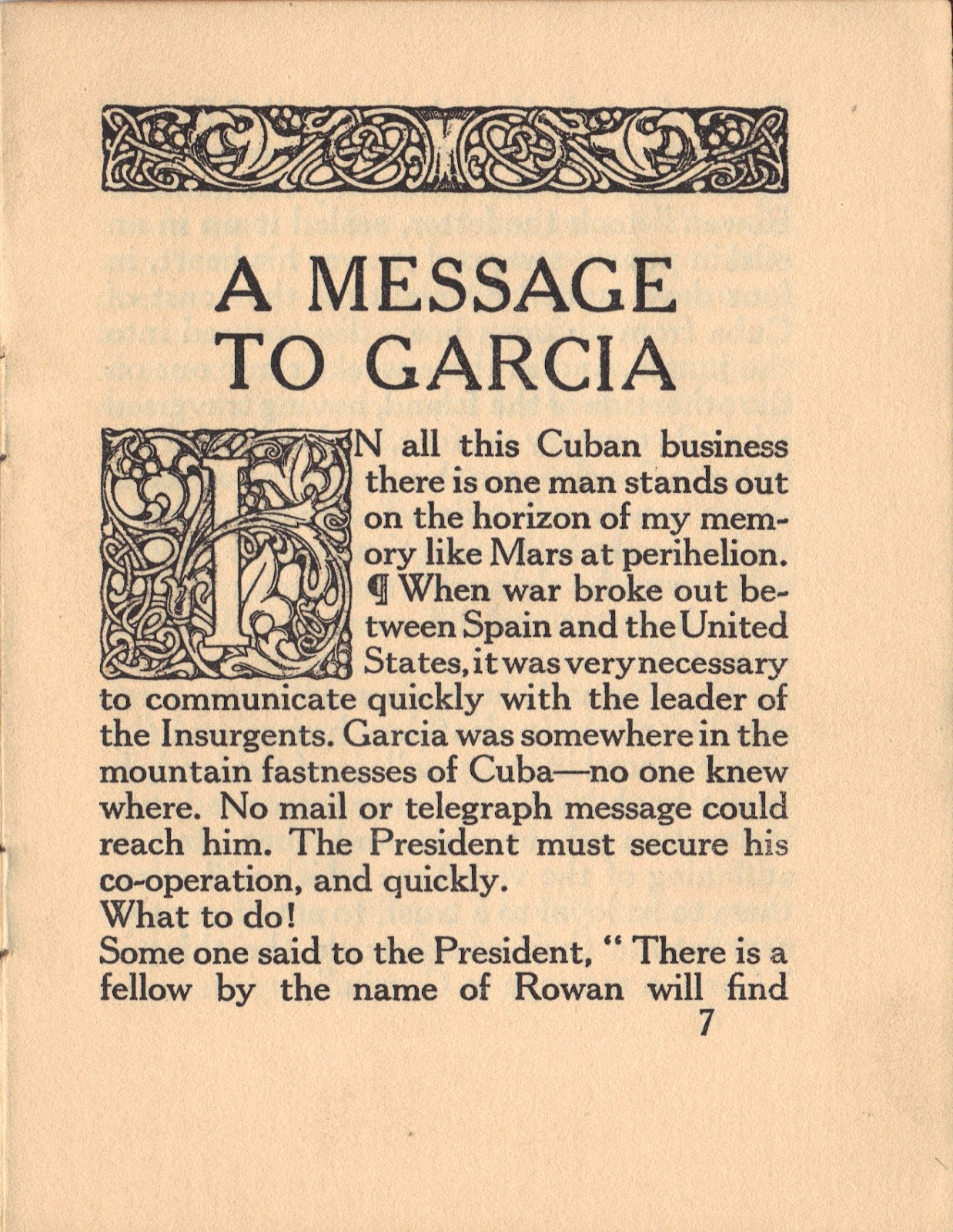A Response to Marty Cagan’s “Product Management vs. Product Marketing”
Although over 6-1/2 years old, Marty Cagan’s “Product Management vs. Product Marketing” remains the Silicon Valley Product Group’s top blog article. (It’s entirely possible, of course, that it’s popularity is self-reinforced due to its prominent position on the SVPG home page…) While I generally agree with Marty’s premise and proposed solution, I believe that the article was written primarily from a Waterfall perspective and that an Agile perspective offers a better way out.
(more…)

